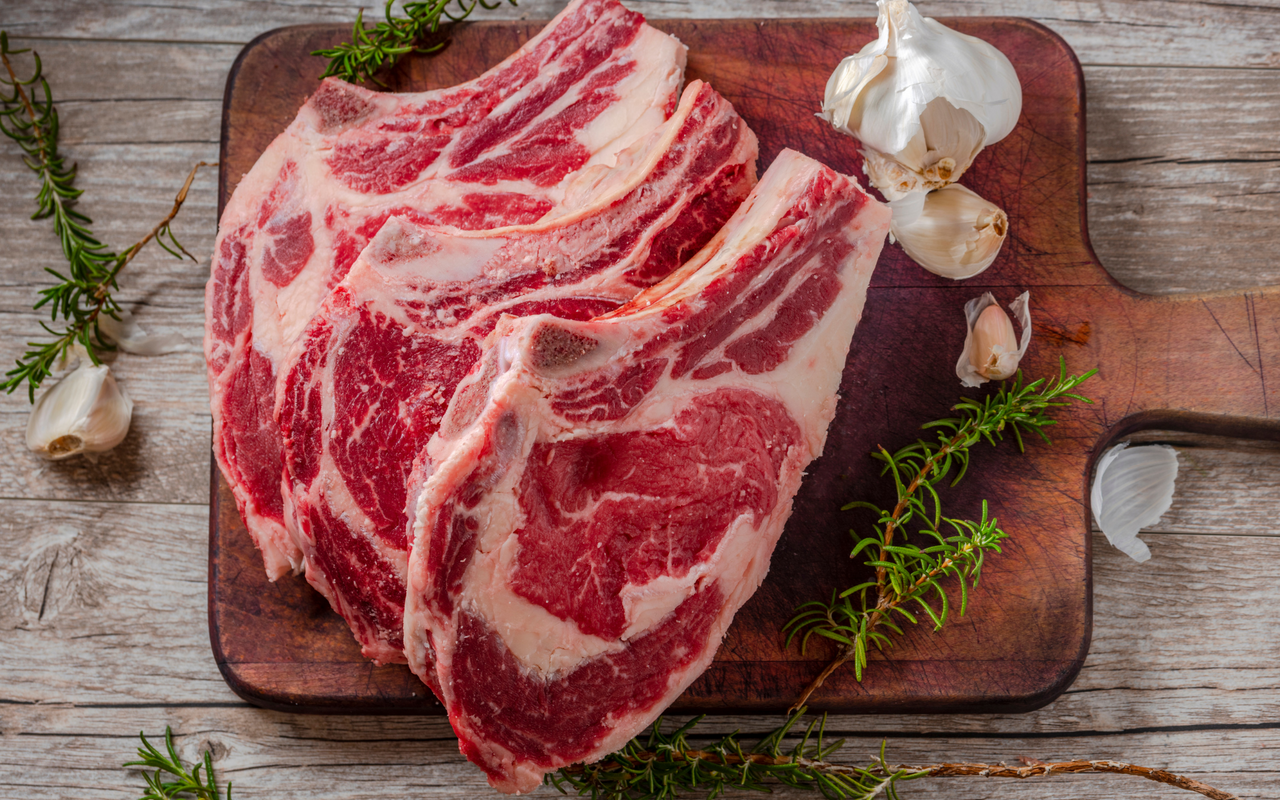The Beef Blog
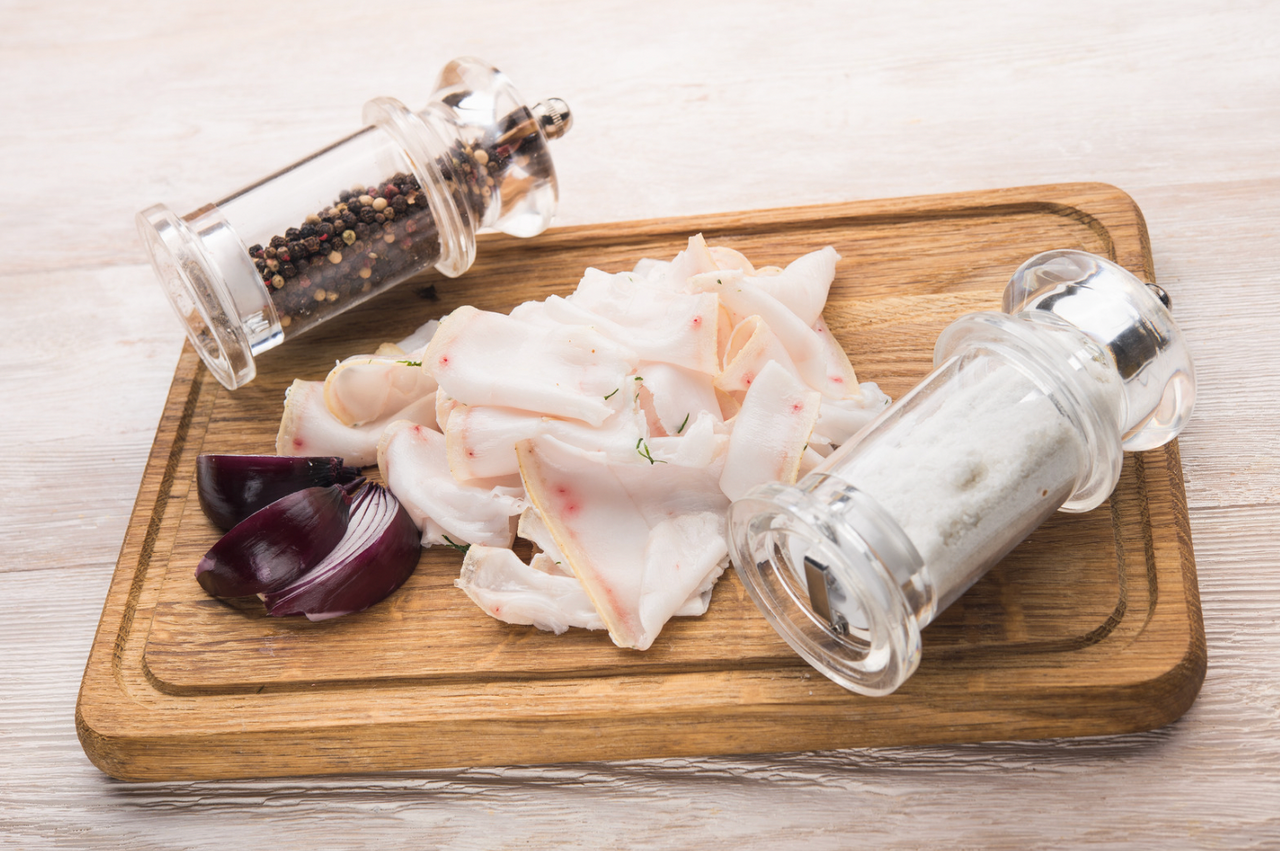
Beef Tallow Vs. Lard: Pros and Cons Explained
In the tallow vs lard showdown, choosing the right fat can transform your cooking. Let’s cut through the confusion: this guide compares their flavors, cooking applications, and health benefits, directly answering your key concerns and helping you make an informed decision. Key Takeaways Tallow is rendered beef fat with a high smoke point, ideal for...
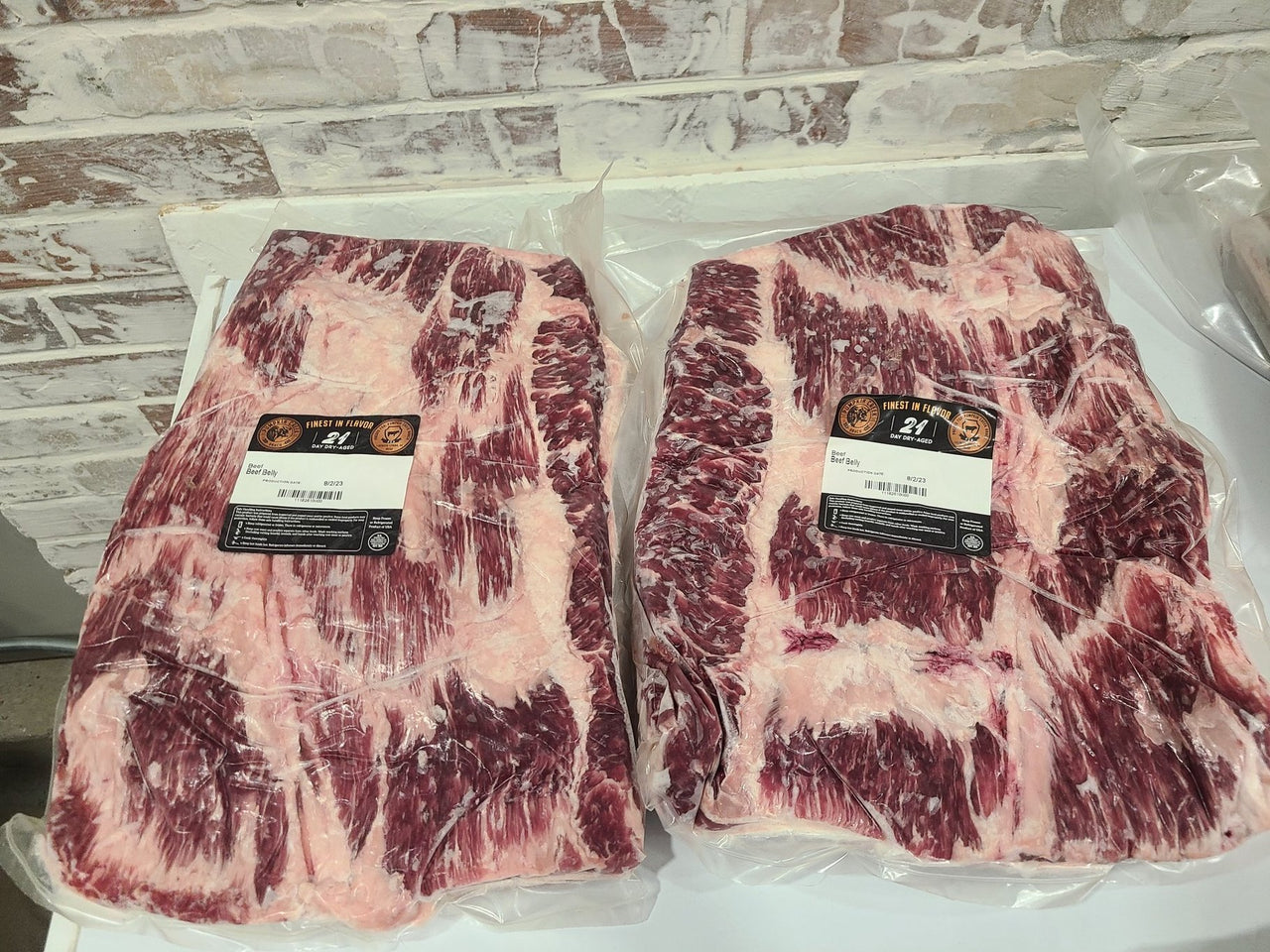
Why does grass-fed beef taste different than grain-fed?
What’s the real difference when it comes to grass fed beef vs grain fed beef? It’s a question of flavor, nutrition, and environmental impact. Taste the unique gamey note of grass-fed, or savor the rich, fatty goodness of grain-fed? Does your health dictate your choice with varying fat content and nutrients? And what about the...
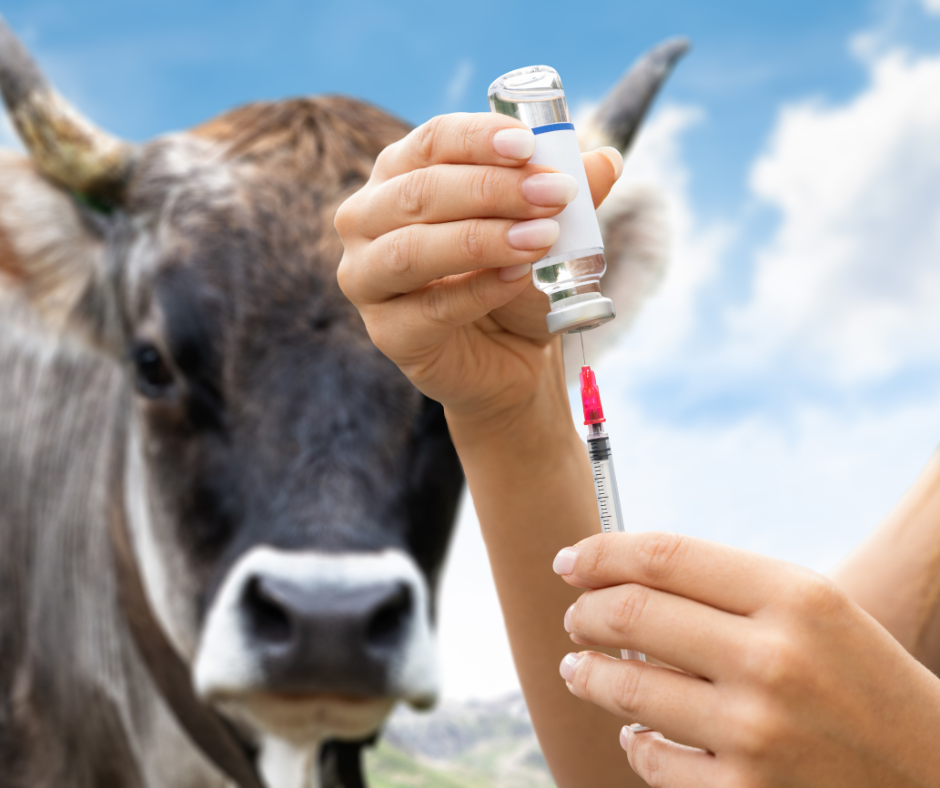
mRNA Vaccines for Cows?
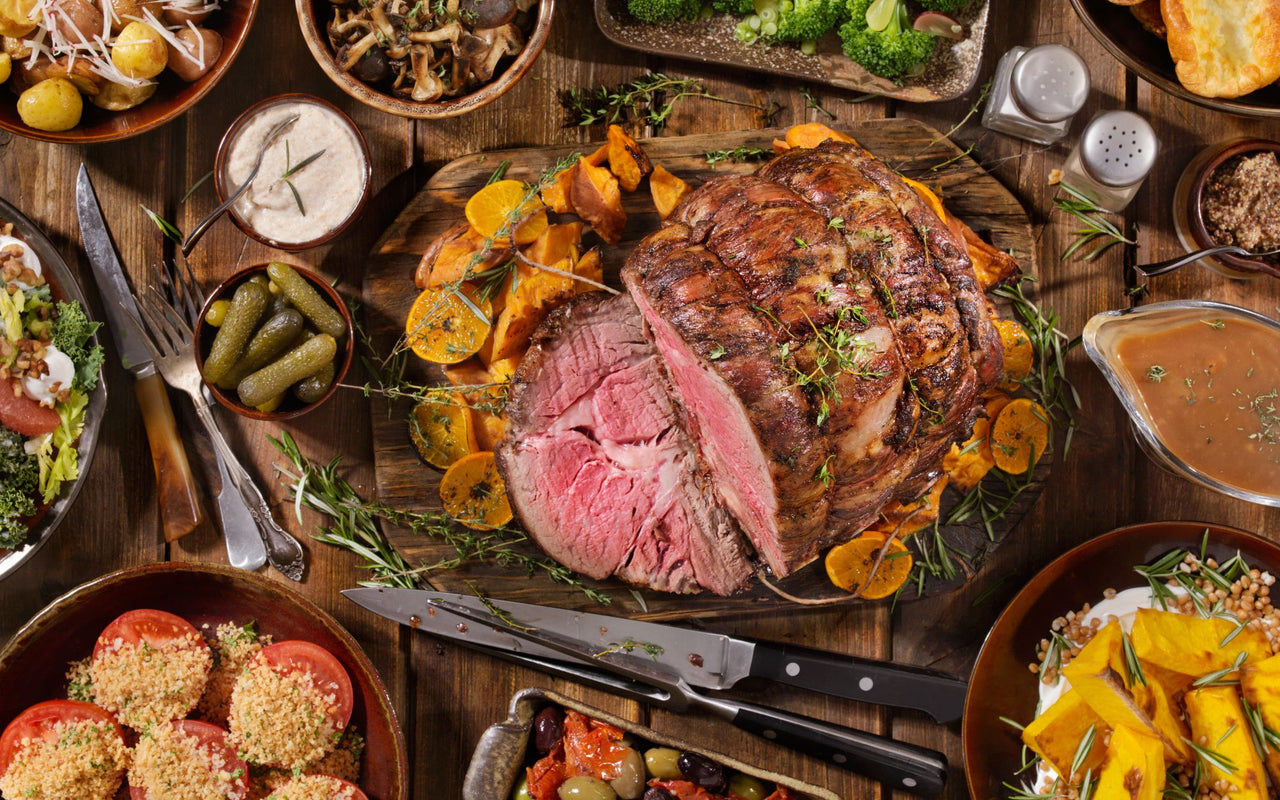
What are the best beef roasts?
Beef roasts have a long and rich history that dates back to ancient times. The practice of roasting meat first involved an open flame and was cooked for preservation purposes. As human civilization progressed, so too did the methods of cooking and preparing beef roasts. During the Middle Ages, beef roasts, over other cuts, were...
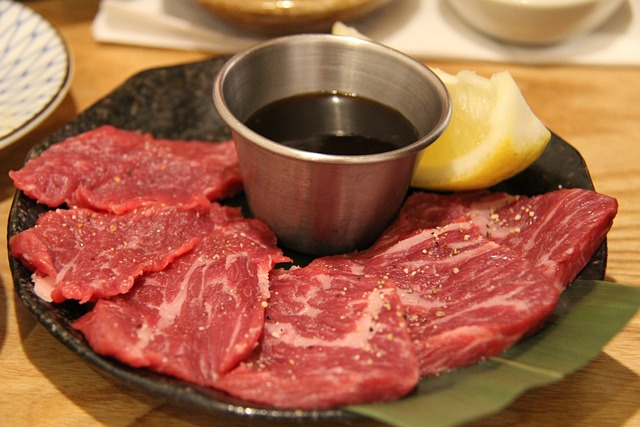
Is American wagyu the only high-end option?
American Wagyu beef is produced in the United States using genetics originating from Japanese cattle. Japanese wagyu beef is known for its high marbling levels, resulting in incredibly tender and flavorful meat. Wagyu cattle were first brought to the United States in the 1970s; it wasn't until the 1990s that American farmers began to...
